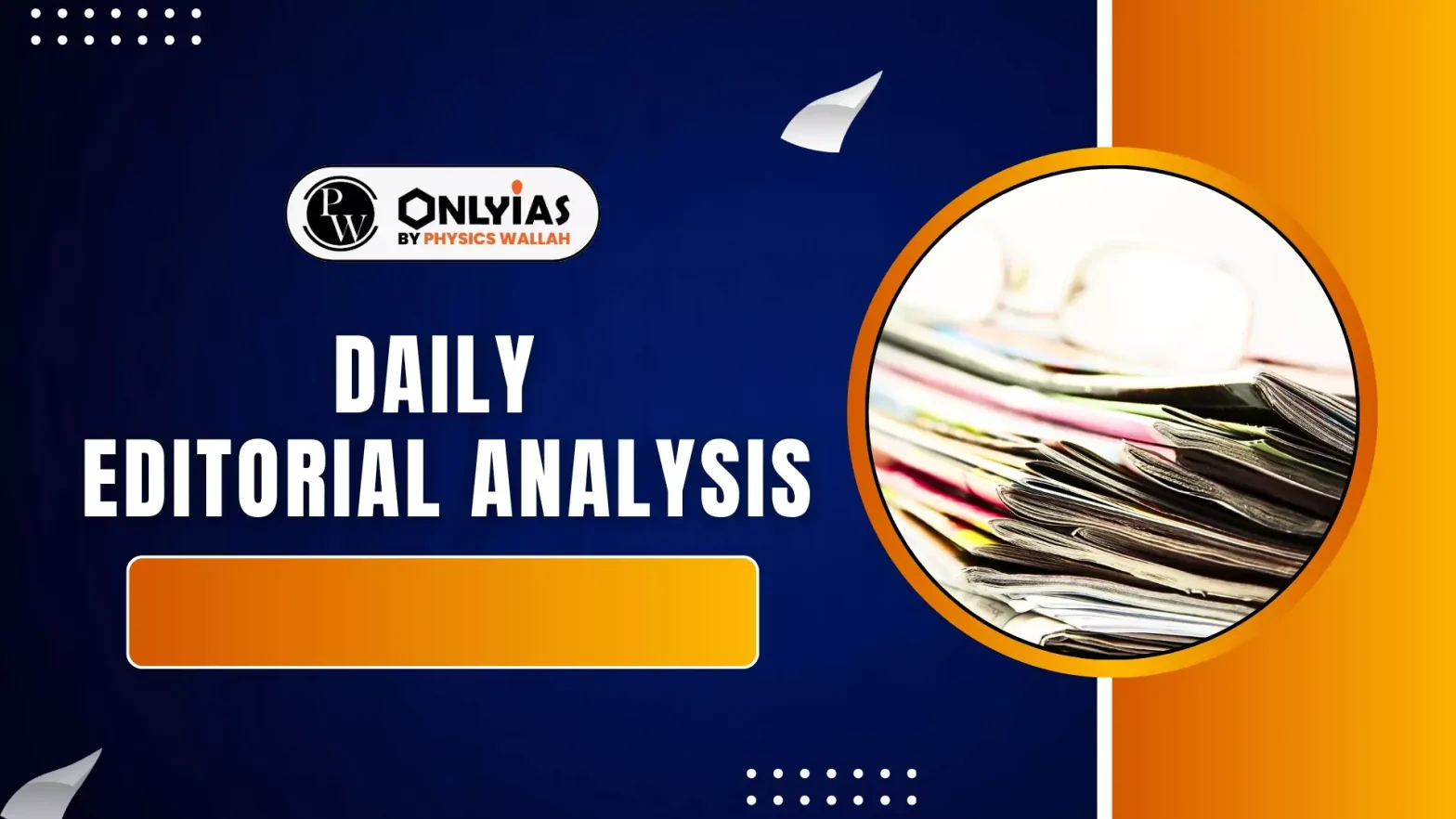Actors Abhishek Bachchan and Aishwarya Rai Bachchan approached the Delhi High Court alleging that AI-generated explicit videos violated their personality rights and caused reputational and financial harm.
About Personality Rights
- Definition: These grant an individual control over their own identity.
- Scope: This includes their name, photo/image, voice, and likeness/mannerisms.
- Legal Basis: This concept rests on two common law pillars:
- Privacy: The right to dignity and honour.
- Property: The right to economic autonomy.
Reasons For Personality Rights Matter in the AI Era
- Reality and Fabrication: Generative AI enables deepfakes that mimic faces and voices with high accuracy, threatening dignity, privacy, and public trust.
- Personality Rights Lag Behind AI: Personality rights historically protected names, images, and likenesses, but AI now allows identity replication that the existing legal framework cannot fully address.
India’s Legal Position on Personality Rights
- Hybrid Legal Framework: India does not have a standalone law defining personality rights. Protection is derived from existing provisions safeguarding privacy and property.
- Privacy Protection: The Right to Privacy, recognised as a Fundamental Right under Article 21 (Puttaswamy v. Union of India, 2017), covers identity theft and misuse of personal attributes such as voice, image, or likeness.
- Property Protection: Personality aspects with commercial value, such as a voice or image used for branding, are protected under Article 300A (Right to Property).
- Judicial Precedents:
- Amitabh Bachchan (2022): Court ruled his voice and image cannot be used without consent, affirming direct protection for personality rights.
- Anil Kapoor (2023): Use of an AI-generated catchphrase “Jhakaas” was prohibited, recognising the link between personality and brand value.
- Arijit Singh (2024): Court barred a company from cloning his voice using AI, establishing voice as an essential component of personality rights.
Global Legal Stance On Personality Rights In the Age of AI
- United States: The U.S. treats personality rights as transferable property, recognised since Haelan Laboratories v. Topps (1953).
- Laws such as Tennessee’s ELVIS Act (2024) ban unauthorised AI cloning of voices and likenesses.
- European Union: The General Data Protection Regulation (GDPR) mandates consent for the use of personal and biometric data, and the EU AI Act (2024) classifies deepfakes as high-risk and mandates that all AI-generated content must be labelled.
- China: The Beijing Internet Court issued a strict ruling in 2024 that synthetic voices cannot deceive consumers, leading to compensation for a voice actor whose AI copy was sold without permission.
- Global Fragmentation: The differing national approaches show that AI’s cross-border nature exceeds the reach of domestic laws, requiring global coherence.
Way Forward
- New Legislation: Enact a standalone law clearly defining personality rights and their scope in the digital era.
- AI Watermarking: Make watermarking mandatory for all AI-generated content to ensure transparency and prevent misuse.
- Platform Liability: Technology platforms like YouTube and Google must be held accountable and cannot claim mere intermediary status.
- Global Collaboration: Develop international treaties, guided by UNESCO principles, to regulate AI under a human-rights framework given the borderless nature of the internet.
Conclusion
As AI expands rapidly, protecting personality rights requires strong legal frameworks, ethical safeguards, and global cooperation to prevent identity misuse while supporting responsible innovation.
![]() 26 Nov 2025
26 Nov 2025

